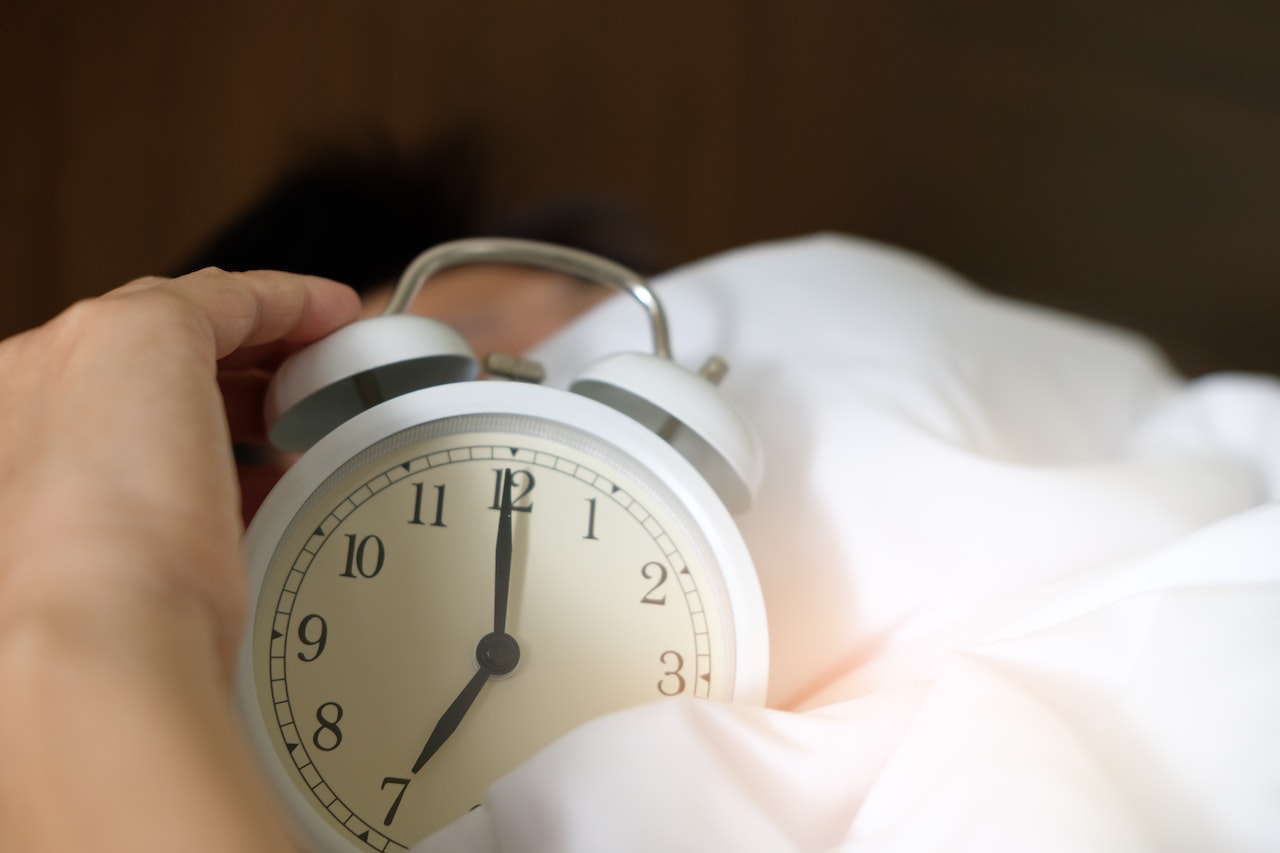Sleep apnea is a common condition that affects how well you sleep at night. Doctors recognize two types. One is an obstructive condition that occurs due to some type of obstruction in your airway. The other is a central condition that changes the way your brain reacts as you sleep. Both conditions affect your breathing and can make you stop breathing for a few seconds. You’ll often wake up for a short period without knowing it. If you think you have the condition, take a look at the top six signs you may have one of the apnea types.
Tiredness
One of the main symptoms of the condition is tiredness that occurs during the day. Think about how great you feel when you wake up rested after a full night’s sleep compared to how you feel when you only get a few hours of sleep. This disorder can cause you to wake up multiple times without knowing it. Instead of falling into a REM pattern and giving your body and brain time to reset, you keep waking up, which can leave you feeling tired.
Insomnia
Some types of this disorder cause patients to suffer from insomnia. While you might hear people claim they have insomnia because they stayed up too late, the official condition is quite different. Insomnia occurs when you have trouble falling asleep or staying asleep for an extended period. It can be a sign of this sleep disorder as your body has trouble falling asleep because it doesn’t get the rest it needs.
Dry Mouth
If you often wake up with a dry mouth, talk to your doctor about sleep apnea. Both versions of the disorder can make you gasp as you try to breathe or make you snore. These activities force your mouth into an open position, which leads to a loss of moisture during the night. You may find that you need to grab something to drink as soon as you wake up.
Sleep Noises
It’s often hard to figure out if you make noise when you sleep unless you share your bed with someone else. Many people who suffer from this sleep condition make noises while they’re asleep. Snoring is the most common. It can range from a soft and dull type of snore to a loud noise that wakes your partner.
Patients may also make some gasping sounds as they snore. You can find out if you make noises, even if you sleep alone. Download an app to your phone that records your nighttime activities. Let the app record you for a few nights and check the results each morning.
Memory Loss
The sleep that you get plays a major role in your mental health. Sleep gives your body time to rest and reset. It helps you recover from the stresses of the day and fight off germs. One sign that you have a sleep disorder is memory loss. You may have issues with your short-term or long-term memory. The problem will usually worsen until you seek help.
Your long-term memory refers to your ability to recall memories that happened months or even years ago such as people you went to school with and the names of your old teachers. Short-term memory includes events that happened in the recent past such as someone you met the day before or what you bought at the grocery store.
Lack of Focus
No matter what your day looks like, you need to focus on a few tasks. Whether you watch your kids and take care of the house or work outside of your home, losing your focus can lead to a big disaster. Sleep disorders often cause a lack of focus. You have a hard time paying attention to the things that you need to do and focusing on specific things. Even watching TV and keeping track of your favorite show can seem impossible.
Getting Help
There are different treatments available for those struggling with sleep disorders. The best option for you depends on how long you struggled and your overall symptoms. Make sure that you talk to your doctor to get the support that you need. Some of the signs that you might be dealing with one of these conditions include memory loss, dry mouth, and tiredness during the day.

